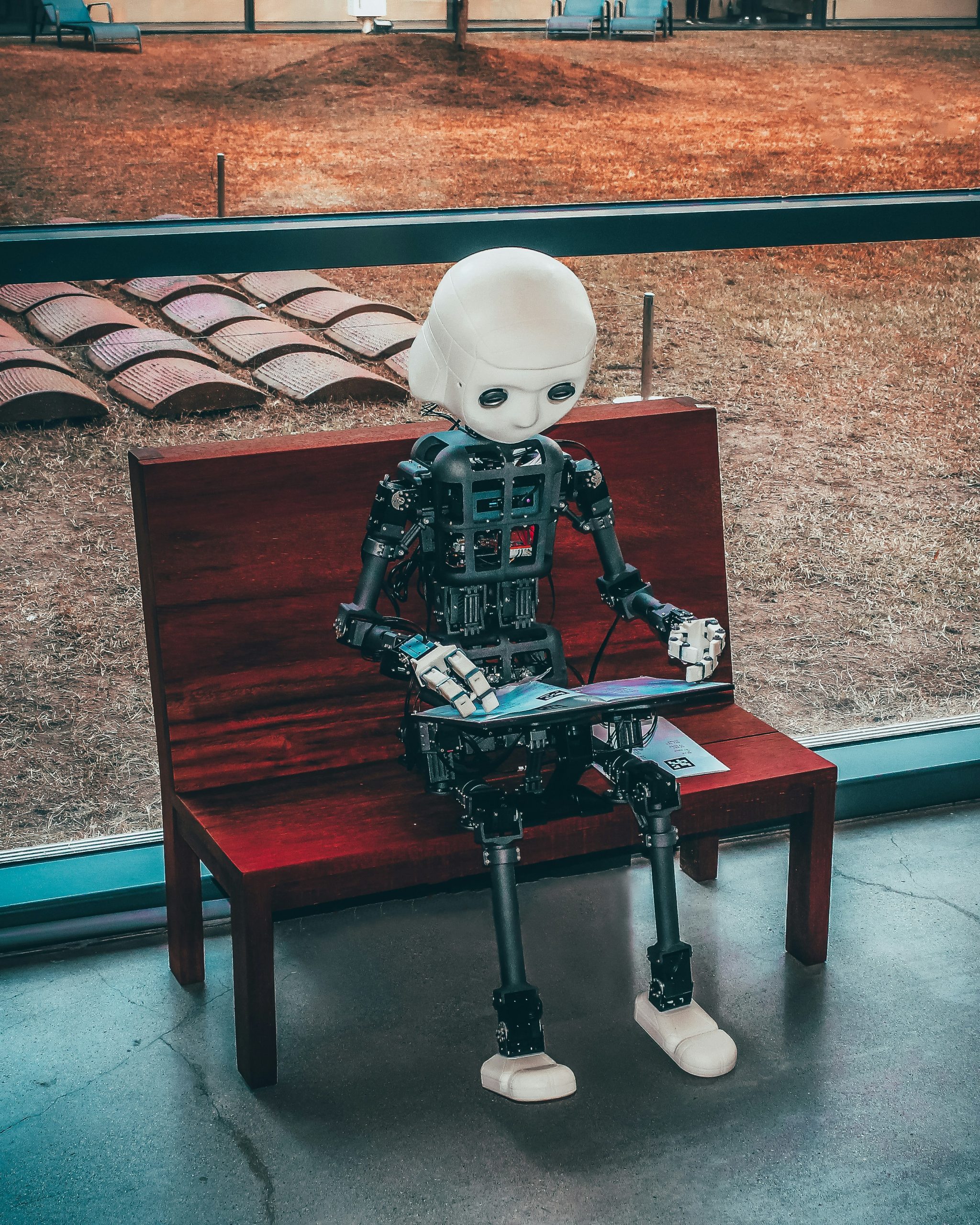“I don’t know what the big deal is about artificial intelligence,” said my friend. “I had some of that myself back when we were in school and I paid my sister $1 to write a paper for me.”
What is the difference between the work my friend produced for his teacher and a paper written by ChatGPT? In some ways, not much.
The “machine” produced paper had human connections. Someone had to tell the program what to write about, and other humans had to write the software programs that gave the computer information. Still other humans created the hardware that is powerful enough to run that software.
The theory, of course, is that the machine can then produce many other papers on many other topics. That is true, but updates will still be required.
Humans also have to be updated — we often call the process “going to school” and “living.”
And there are other kinds of artificial intelligence in the human realm. Con artists use it with abandon, and so do undercover police and spies and politicians.
My point is that we are already very comfortable with accepting information without really knowing the source. We are also very comfortable disseminating information as if it were our own, when in fact it is not.
Is that a good thing?
This is not new
 AI (do you think it cares if we call it that?) has been around for a long time. Formal research into AI began in England in 1956, and perhaps earlier in other countries. But the question predates that by centuries.
AI (do you think it cares if we call it that?) has been around for a long time. Formal research into AI began in England in 1956, and perhaps earlier in other countries. But the question predates that by centuries.
In 1637 René Descartes wrote Discourse on Method, which included this:
We can easily understand a machine’s being constituted so that it can utter words, and even emit some responses to action on it of a corporeal kind…. For instance, if touched in a particular part it may ask what we wish to say to it; if in another part it may exclaim that it is being hurt, and so on. But it never happens that it arranges its speech in various ways, in order to reply appropriately to everything that may be said in its presence, as even the lowest type of man can do.
It almost sounds like Descartes had Alexa or Siri.
Did you see that date? 1637. That’s almost 400 years ago. You probably didn’t even think they had machines then, let alone thoughts of having those machines communicate with humans. But they had both.
Fast forward to 1950 (still an ancient date to many who are working on — and using — AI today). It was then that a fellow named Alan Turing proposed a test to determine whether or not a machine could present itself as a human to a human.
From a Wikipedia page on Machine Intelligence, we have this well written explanation of the Turing Test.
So the modified game becomes one that involves three participants in isolated rooms: a computer (which is being tested), a human, and a (human) judge. The human judge can converse with both the human and the computer by typing into a terminal. Both the computer and human try to convince the judge that they are the human. If the judge cannot consistently tell which is which, then the computer wins the game.
Since 1950, many other tests have been devised for AI computers. Semi-famously, a Google AI booked an appointment at a hair salon. That little test said something either about the machine or the receptionist at the salon. (There is no record of the actual haircut.)
The real question
 Alan Turing’s real question was “Can machines think?” But there is a question that underlies that one: Is the human intellect material or immaterial? Or, put another way, is the human brain all that is needed for human intellect?
Alan Turing’s real question was “Can machines think?” But there is a question that underlies that one: Is the human intellect material or immaterial? Or, put another way, is the human brain all that is needed for human intellect?
If the answer is yes, then intelligence is material — it resides in matter. If human thinking uses something more than the brain, it is immaterial, residing at least in part outside the brain.
Why is that important? If human intellect is only material, a machine will one day be able to replicate it. If, on the other hand, intelligence is immaterial, no machine will ever have human intellect.
You can tell which way philosopher Mortimer J. Adler leaned by the clever title of his book on the subject: Intellect: Mind over matter.
There are other philosophical question, of course, since the topic has been under discussion for more than 100 years longer than the United States has existed. We’ll leave those alone for now and ask some questions of our own.
What about…
Doing deep research on this article, I asked several intelligent people what they thought of AI. The younger crowd embraced it more than the older crowd, though not every young person was a fan.
Even the original Turing test is based on deception, and both young and old dislike the idea of a machine being able to deceive. It is not the machine doing the deceiving, though, it is the lazy student (like my friend from decades ago) or the too-clever employee assigned to create a slide show.
Older respondents to my informal survey were much more leery of AI. Their fear was usually unnamed, but it was felt. (Can a machine feel fear?)
My own thinking went in a slightly different direction. I asked What about artificial love? Certainly ChatGPT could write a love letter. We’ll call that machine Cyrano.
What about artificial friendship? That has been explored in WALL-E, who was much more fun than HAL in 2001: A Space Odyssey. HAL still scares many people, which may explain some of those responses above.
What about artificial good? Are love and friendship and good born solely out of the brain? If intellect is material, then one day we may see AL, AF, and AG. I personally don’t believe we will.
But AI, even now, is being used for good in amazing ways. I’m delighted to see it.
Whether or not you embrace AI, allow me to encourage you to be and live more human. Which means…
Do good! It’s in you, even if it isn’t material.

2 Responses
Can’t believe you didn’t mention Allen Sherman’s song “Automation”.
I enjoy your comments, Professor Greer. As we discussed at our Links Fellowship it starts with the brain and ends with the HEART. Love and Caring to do Good and Fellowship with God.
You are a Master at delivering encouraging words and challenging us to Do Good. Yes it is in us as the Holy Spirt guides us in our daily lives here on Earth, and the Final Glory of being with Jesus someday in Heaven. Love you brother Jerry